For most of us, our houses are the safest place to be in amid this pandemic, protecting us from the common enemy that is the coronavirus and preventing its further spread. Now that we spend entire days inside and perhaps more and more of us are working from home or actually being inside for prolonged periods of time, the sanitation of our living spaces and the quality of the air we breathe is all the more important.
One thing this viral outbreak has shown us is that the cleanliness of your environment and those around you is as important as your own personal hygiene. From wiping down all surfaces and even abandoning all habits like walking inside with the shoes we wear outside – though this is a very American/European thing, not Turkish – and wearing slippers instead, it is not unusual to hear our next-door neighbors’ vacuum or mops swishing at various times throughout the day. A lot of home cooking has also got many of us looking for ways to get rid of lingering odors.
Of course, the quickest, easiest and cheapest way to get more oxygen flowing into our living space and invite in fresher smells is to crack open a window a few times a day. But if the air inside your home is starting to feel a bit stale despite your air-outs or you want to upgrade the aura of your home, here are some tips on how to improve your indoor air quality without using any chemicals.
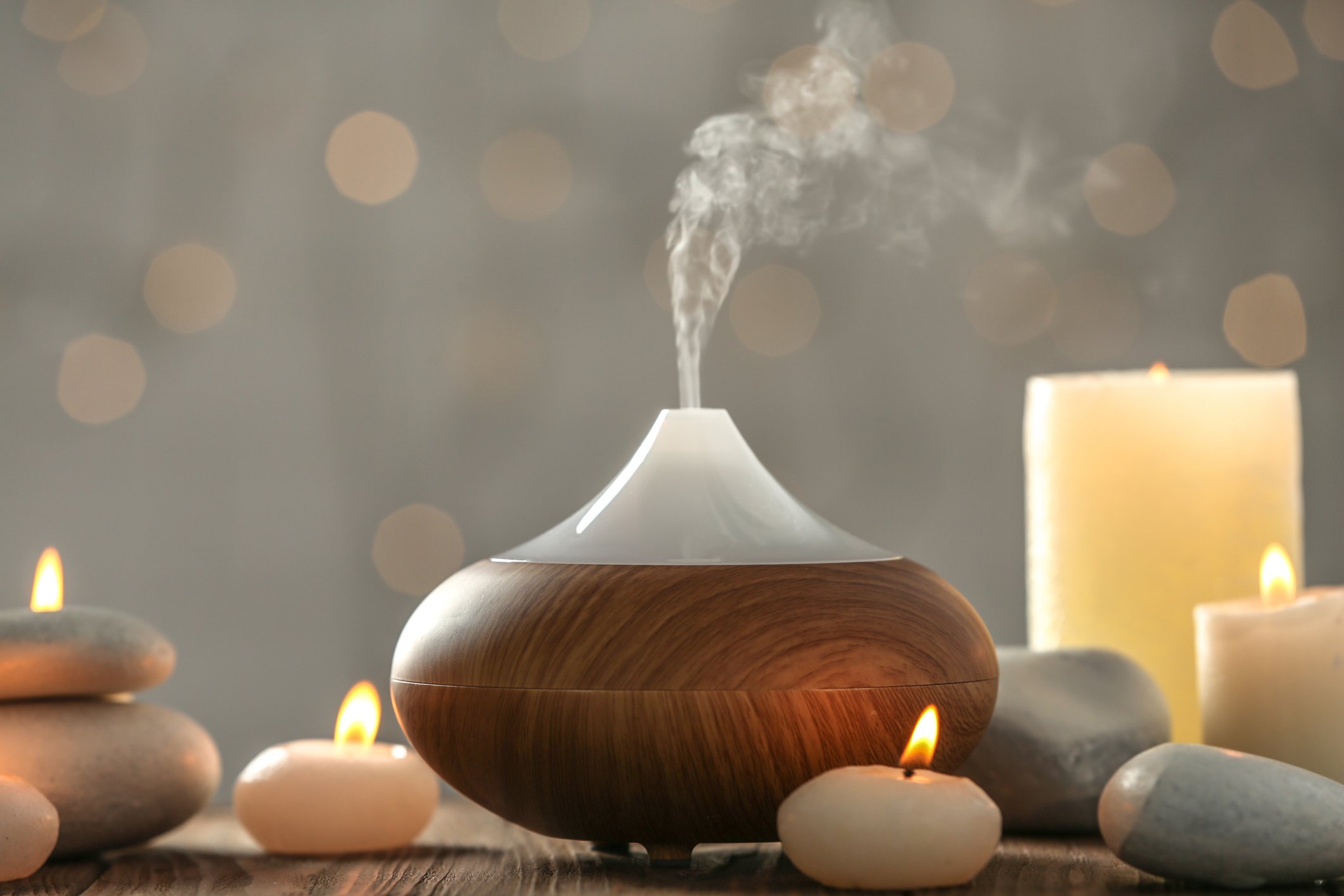
Essential oils
Everybody likes a fresh and clean smelling home, don’t they? There are certain scents that awaken the senses and get rid of the nasty odors from food, dampness or other things that may be lingering in your rooms. Clean and crisp smells such as lemons, oranges, rosemary and peppermint can really help deodorize and freshen your house. Essential oils with antibacterial properties like tea tree oil help increase the air quality in your home by reducing airborne bacteria, especially when used in cleaning. You can even use essential oils such as eucalyptus, cloves and rosemary to fight dust mites in your home, though relying only on them for good measure is not smart.
Also, if you have allergies, suffer from asthma or have kids, these may not be the best or the healthiest option out there for sensitive lungs or sinuses.
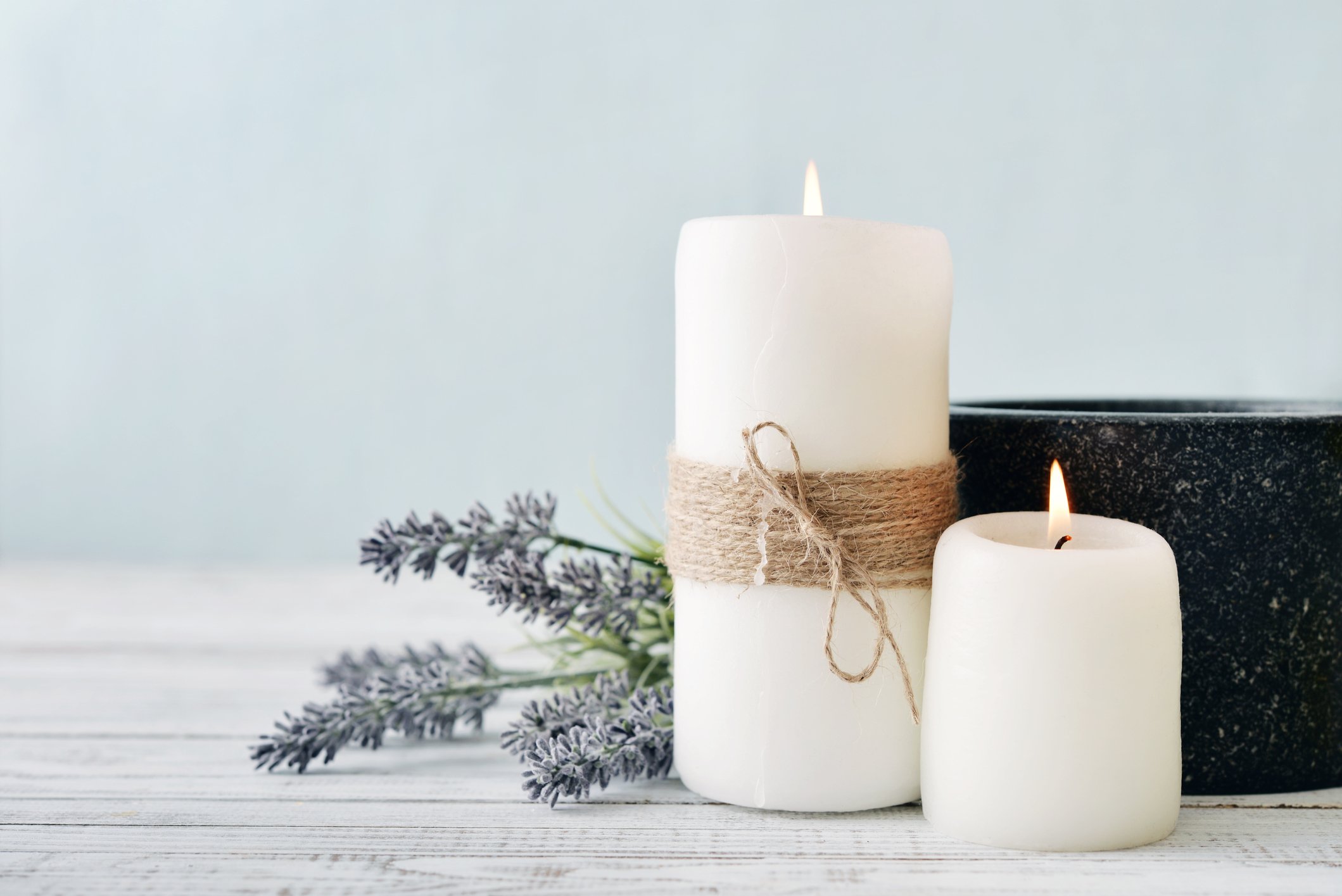
Candles
If you have found a new love for meditation or fallen in love with lighting up a candle for a self-care or grooming session, burning a nice smelling candle may have become your go-to way to indulge, unwind and relax. However, burning synthetic candles full of artificial fragrances in your home can not only give you a headache but also cause air contamination in the long run. Therefore, you should opt for candles made from natural materials such as beeswax or eliminate the possibility of a fiery accident by using LED light candles, nowadays available in all shapes and colors. For a more eco-friendly approach, you could even use solar-powered ones by the window sill or on your balcony.
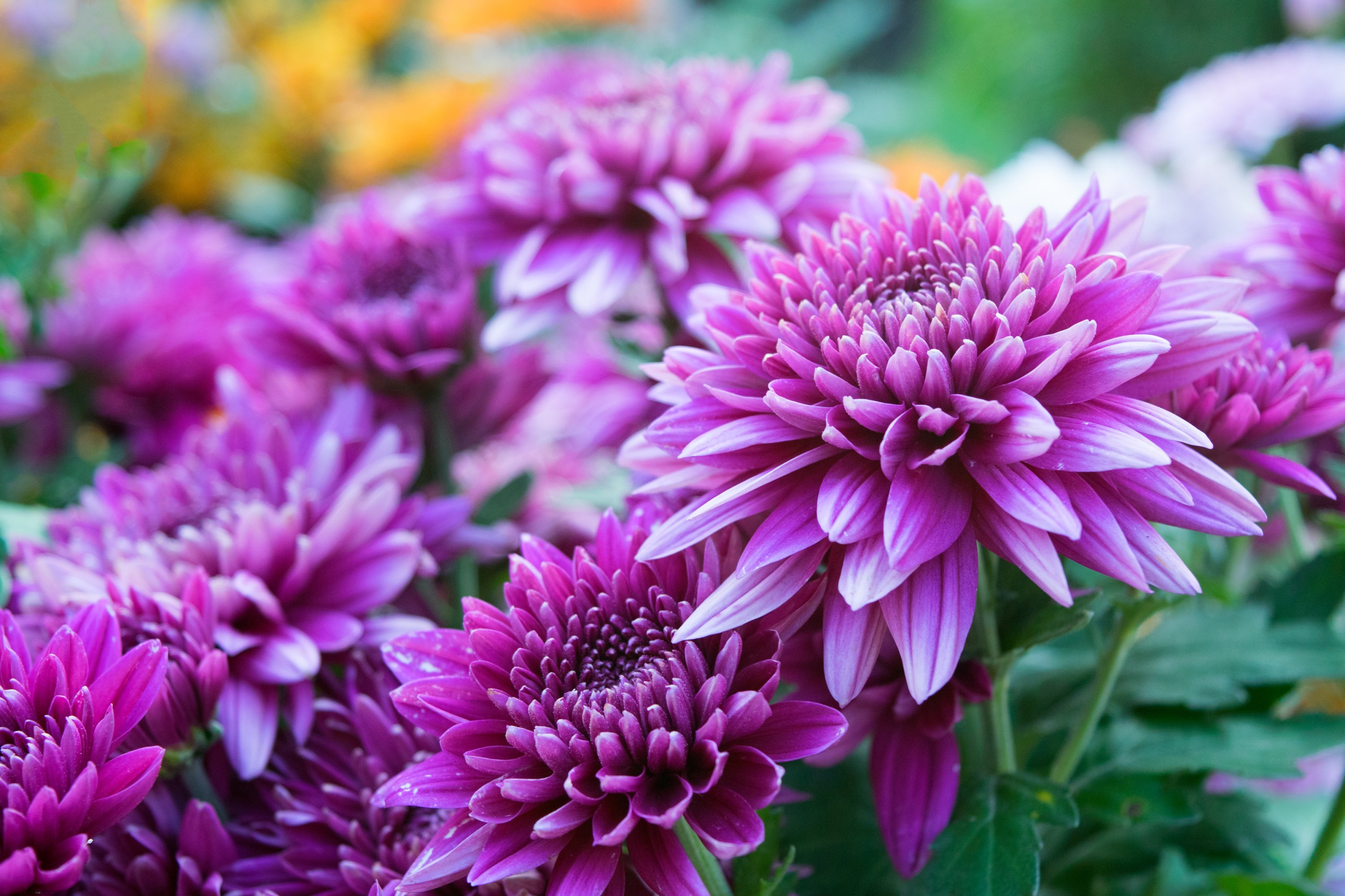
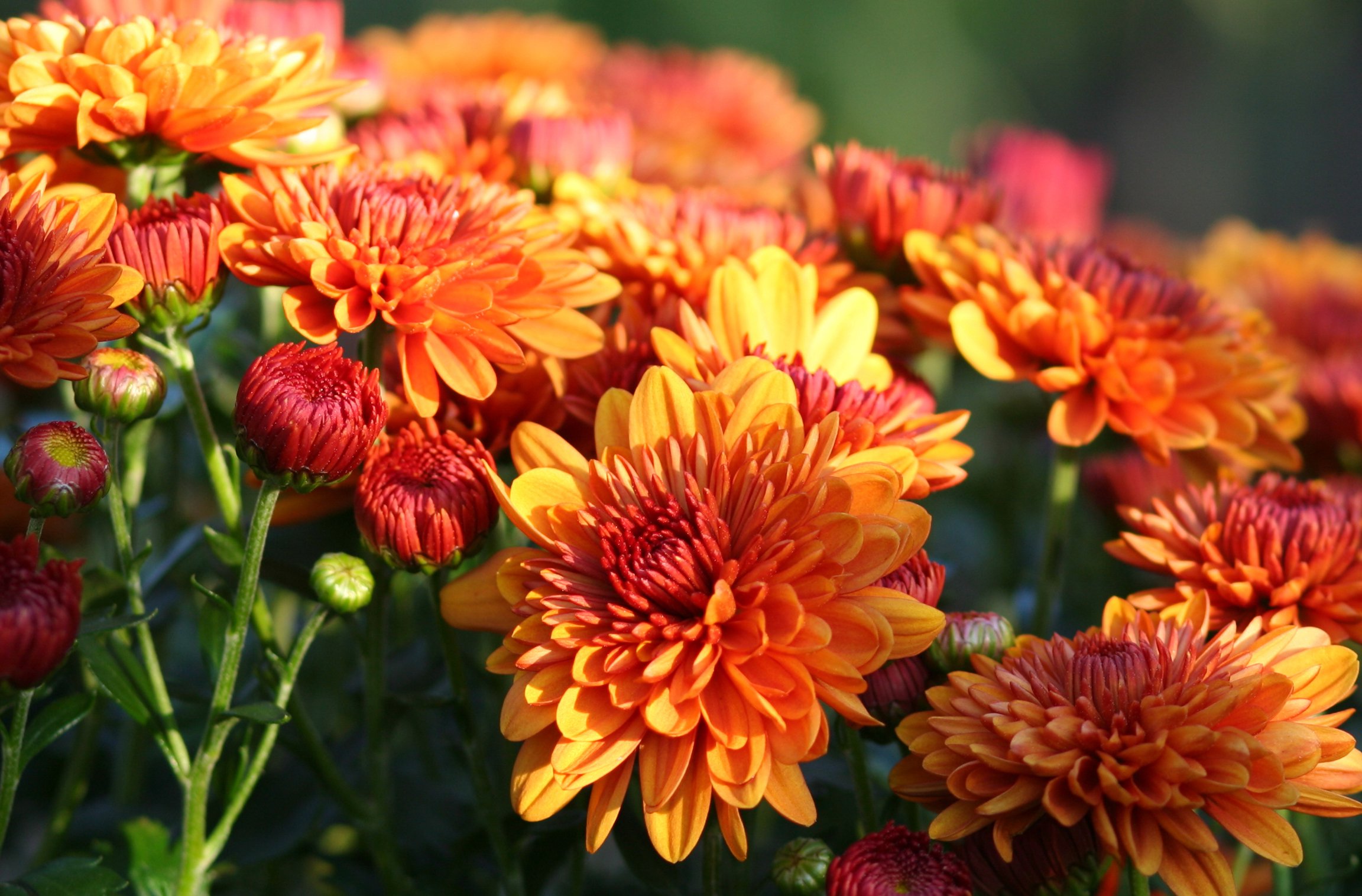
Indoor plants
Although there is contesting evidence about plants’ effectiveness to remove volatile organic compounds (VOCs) from the air, some studies have founded that some green friends have been found to improve the air quality in your home. For example, the snake plant, also called the mother-in-law’s tongue, is known to reduce formaldehyde, toluene and xylene in the air, while chrysanthemums can help filter out toxins from plastics and detergents, including ammonia and benzene. Even if their air purification abilities are limited, you can use your favorite green plants to inject some color and character into your home decor as well as freshen it up a bit.

Pet care
Most pets, by nature, leave dandruff almost anywhere in the house. To reduce the amount of dead skin your pet sheds and collects in the nooks and crannies of your house, you should make sure you take good care of your pet and groom them regularly. Regular vacuuming of pet hair on furniture as well as giving them baths or brushing them can also help alleviate allergy symptoms tied to fur. You can also use vacuum cleaners with HEPA filters to catch those fine particles and ensure better hygiene.
And lastly, the most expensive option…
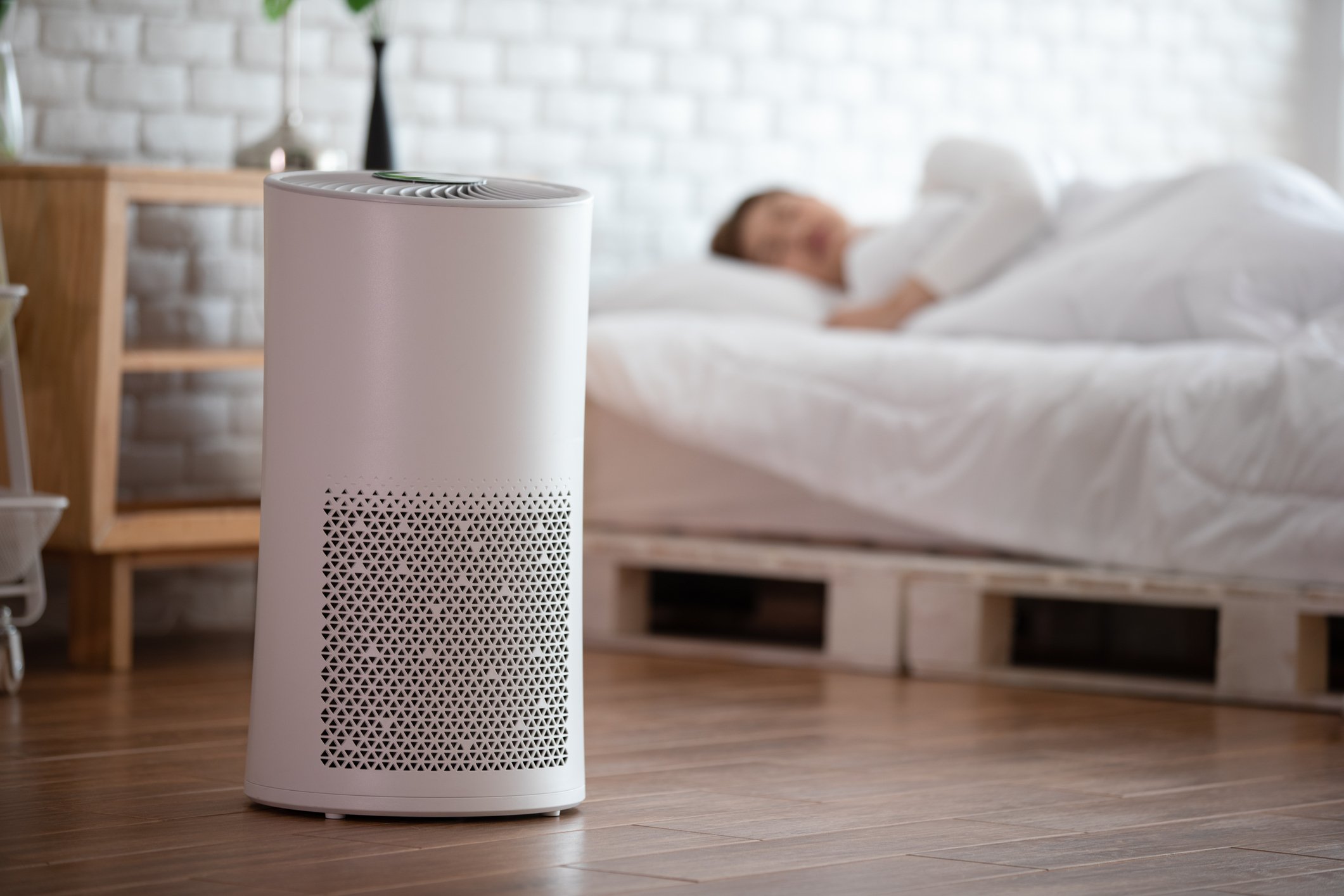
Air purifiers
You may start to notice that you have a harder time focusing after spending hours and hours inside. This could be due to an accumulation of harmful particles in the air.
Electronic air purifiers work to eliminate harmful gases and substances such as formaldehyde from the air, as well as get rid of unwanted or bad odors to add a cleaner touch to your home.
Comprising of a filter, or a few, and a fan that sucks and circulates the air, air purifiers work by sanitizing the air, trapping airborne allergens, pollutants and irritants that flow through it. Their operation principle is the opposite of essential oils; they remove particles from the air and some can even neutralize aggravating substances while oils and diffusers add nice-smelling particles to the air.
However, these gadgets are only one step of getting rid of dust, VOCs, smoke, odors or pollen and cannot guarantee 100% filtration, so it is important that you do not solely rely on them. Plus, they are an investment due to their higher price tags.
Last Updated on Jun 03, 2020 3:21 pm by Yasemin Nicola Sakay

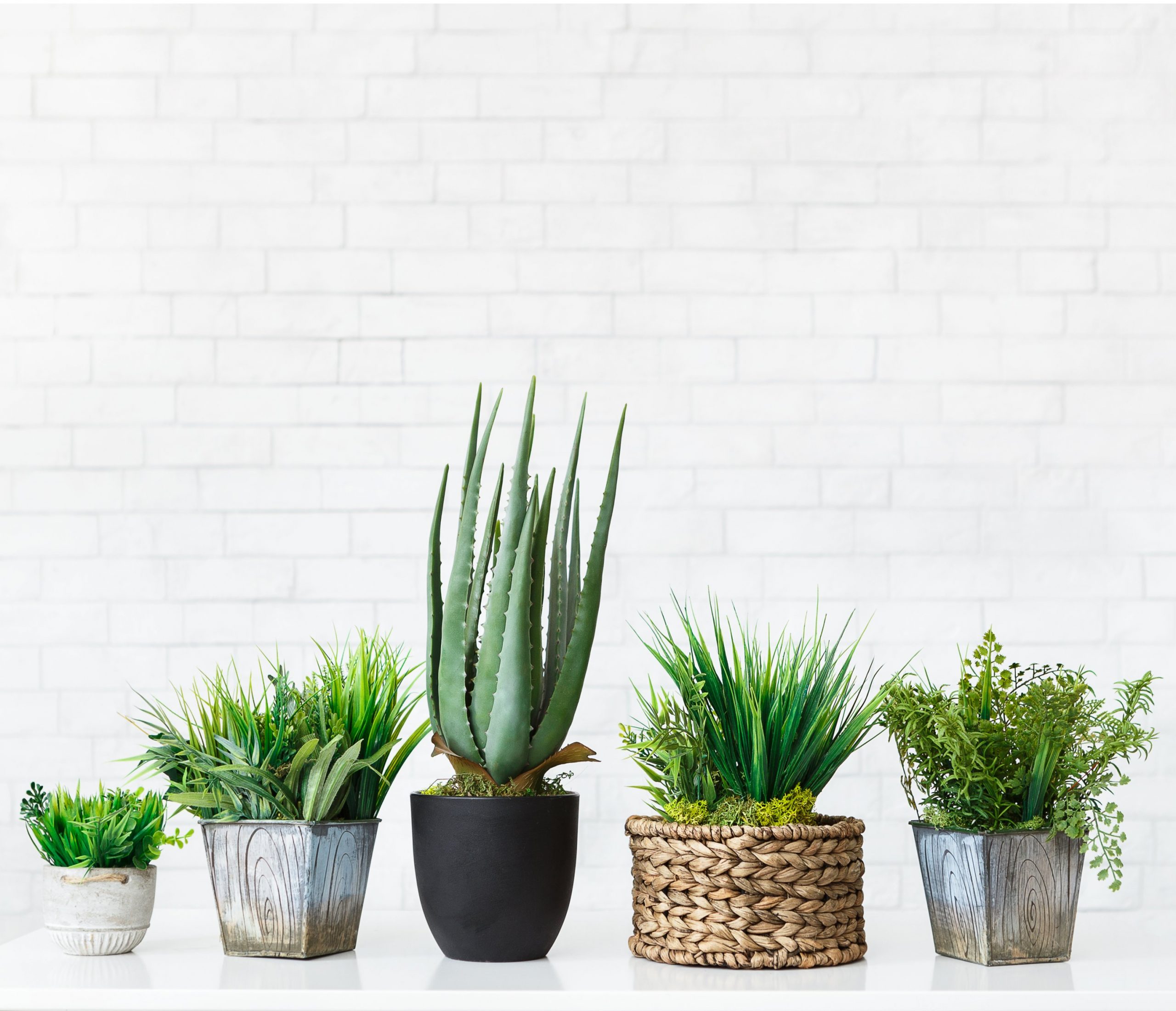







Discussion about this post